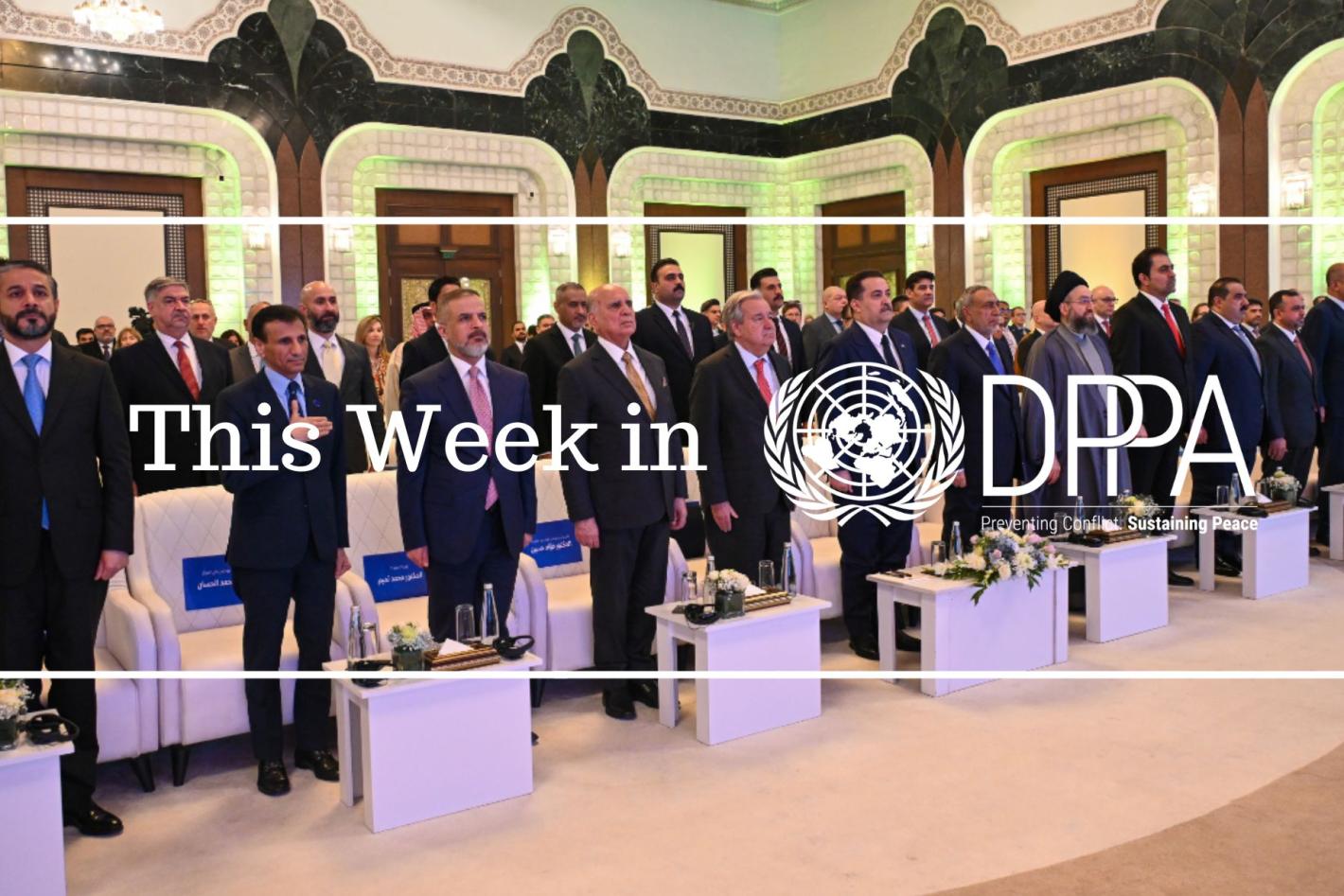Mr. President,
Excellencies,
Members of the Security Council,
The past week has seen a deadly escalation between Israeli military forces and Palestinian armed groups in Gaza that is the most serious we have seen in years. We have also witnessed dramatic scenes of violence across the...






